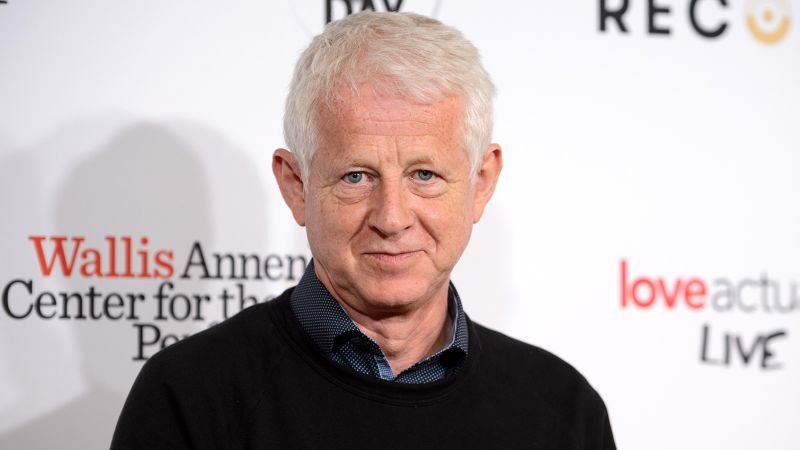“Love Actually” and Diversity: A Reflection on the Cult Classic
Every year, as the holiday season approaches, one movie quickly rises to the top of people’s “must-watch” list: “Love Actually.” This 2003 romantic comedy, directed by Richard Curtis, has become a festive favorite for many, with its interweaving storylines and star-studded cast. However, nearly 20 years after its release, the film has come under scrutiny for its lack of diversity and representation.
In a recent interview with ABC News, Curtis addressed the criticism surrounding “Love Actually,” acknowledging that the lack of diversity in the film makes him feel uncomfortable and a bit stupid. He admitted that the movie, which predominantly features a White cast and heterosexual relationships, may feel out of date in today’s more diverse and inclusive society. Curtis also pointed out that several of the storylines in the film revolve around relationships between bosses and their employees, creating a power dynamic that may not resonate with all viewers.
Despite these criticisms, “Love Actually” remains a beloved classic, with a devoted fan base that continues to watch and re-watch the film year after year. The movie’s ensemble cast, which includes actors like Alan Rickman, Emma Thompson, and Hugh Grant, has become iconic in its own right, with each performance contributing to the film’s enduring appeal.
One of the reasons why “Love Actually” has remained popular for so long is its timeless message about love and connection. As Emma Thompson, who plays one of the lead roles in the film, explained, “We forget, time and time again we forget, that love is all that matters.” The movie’s exploration of different types of love, from romantic relationships to friendships and family bonds, resonates with audiences of all ages and backgrounds.
In addition to its exploration of love, “Love Actually” is also known for its poignant and heartwarming moments that have touched the lives of many viewers. Bill Nighy, who plays an aging rock star in the film, shared stories of fans approaching him to express how the movie had helped them through difficult times, such as chemotherapy or divorce. The film’s ability to bring people together and provide comfort during challenging moments has solidified its place as a holiday classic.
While “Love Actually” may have its flaws when it comes to representation and diversity, it still holds a special place in the hearts of many viewers. Richard Curtis, the film’s writer and director, has since gone on to create other popular romantic comedies, such as “Four Weddings and a Funeral” and “Notting Hill,” each with its own unique take on love and relationships.
In conclusion, “Love Actually” may not be without its faults, but its enduring popularity speaks to the universal themes of love and connection that resonate with audiences around the world. As we continue to reflect on the film’s legacy, it serves as a reminder that love, in all its forms, is what truly matters in the end.

